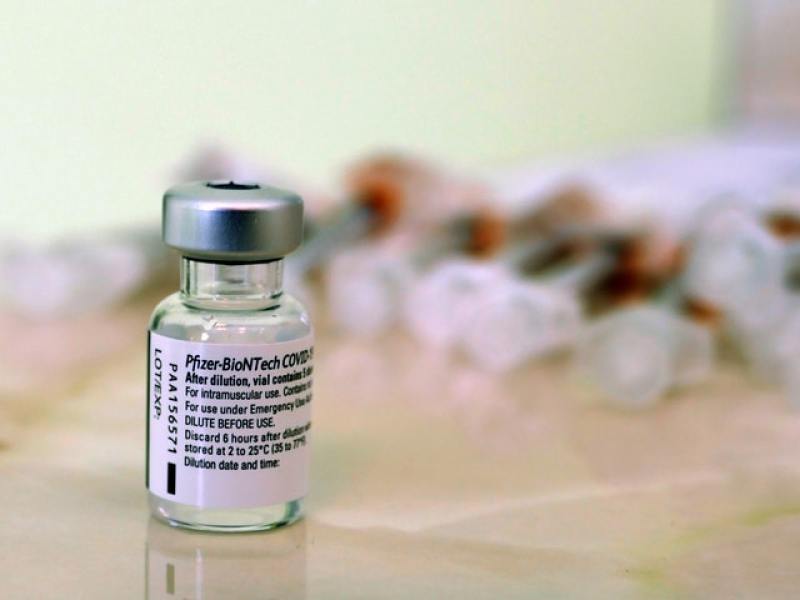
A COVID vaccine detractor claims that the shots may be causing enhanced disease because it was designed for the earlier versions of the coronavirus.
Dr. Robert Malone, a physician and biochemist whose early work contributed to the development of mRNA vaccines and yet is a COVID vaccine opponent, raised alarm over the shots because they target an older version of the coronavirus. He said that the shots may be causing enhanced diseases.
"The data are showing that vaccination can actually increase the risk of being infected with the Omicron version of this virus," Malone told The Epoch Times. The scientist pointed to data from Scotland and New Zealand, where patients who were hospitalized due to COVID were more likely to be vaccinated against the disease.
Meanwhile, a recent study revealed that one COVID booster shot provided protection for patients who recovered from COVID but two or three doses appeared to lower protection. Study authors were stumped at the results, saying they could not figure out why this was the case. Another study showed that there was a higher level of protection among those who have natural immunity from the coronavirus and were not vaccinated versus those who were vaccinated.
U.S. drug regulators said that vaccine-associated enhanced diseases (VAED) were an "important potential risk" of the vaccine shots. An event known as enhanced respiratory disease after a COVID vaccination was also another potential risk. A CDC team confirmed that some adverse effects recorded after a COVID vaccine "could indicate" VAED as well.
VAED refers to a disease "resulting from infection in individuals primed with non-protective immune responses against the respective wild-type viruses," researchers who set a case definition for the term explained last year. They explained further, "Given that these enhanced responses are triggered by failed attempts to control the infecting virus, VAED typically presents with symptoms related to the target organ of the infection pathogen."
In a leaked Pfzier document obtained by the organization called Public Health and Medical Professionals for Transparency, Pfizer's "Cumulative Analysis of Post-authorization Adverse Event Reports" for the period ending February 28, 2021 said that there were a potential 138 cases with 317 relevant events of VAED reported from December 2020 to February 2021.
Among the 138 cases, 71 were medically significant, while 16 required hospitalization, 13 were life-threatening, and 38 resulted in death. Among the 317 potentially relevant events was 135 drug ineffectiveness, while other events showed COVID pneumonia, diarrhea, respiratory failure, and seizure.
"VAED may present as severe or unusual clinical manifestations of COVID-19," the Pfizer document read. "Based on the current evidence, VAED/VAERD remains a theoretical risk for the vaccine."
Meanwhile, Pfizer said this week that they will soon submit data to American health regulators on a fourth dose of its COVID vaccine. Pfizer Chief Executive Officer Albert Bourla confirmed this to Bloomberg, reporting that he spent Tuesday morning reviewing new data from several COVID vaccine studies, including one on a fourth dose of the shot.
"They look encouraging," Bourla admitted, adding that the company must still collect more information. But the company is looking to submit data on the fourth dose to the U.S. Food and Drug Administration either this month or in early April.
In the U.S., COVID restrictions have eased thanks to the dramatic decline in new cases brought about by the Omicron variant. Meanwhile, Pfizer's spokesperson Jerica Pitts confirmed that the company's studies on the fourth-dose booster and its Omicron-specific vaccine are still underway.


















